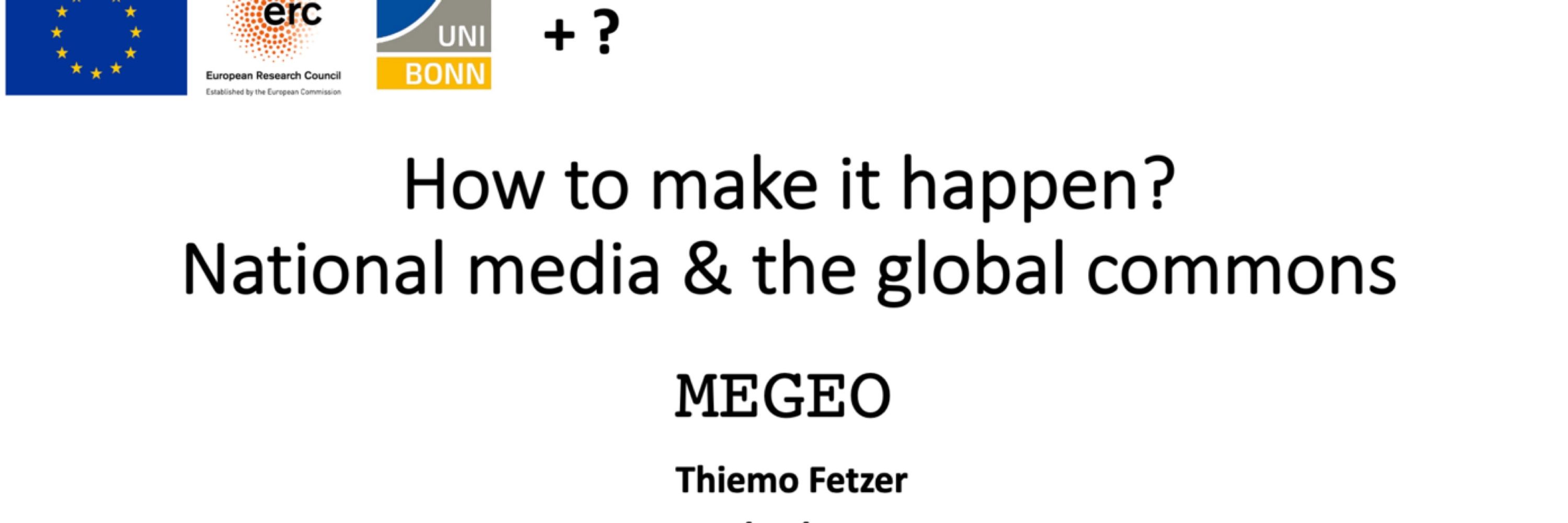
Professor of Economics at Warwick University and at University of Bonn. Visiting Fellow LSE, Fellow/Affiliate with NIESR, CESifo, CEPR. European Research Council Grantee. Data Science, Econ, AI, ML, Networks.
Thiemo Fetzer is a German economist and professor at the University of Warwick and the University of Bonn. His research focuses on applied economics, political economy, and economic development, with a particular emphasis on the use of artificial intelligence, data science, and machine learning methodologies. Fetzer's work has contributed to major policy discussions and has received coverage in both national and international media outlets. .. more












Reposted by Thiemo Fetzer

The future is right here and it's comfy and regenerative.
I will share my knowledge about building passive house modules and retrofit #strawhouse panels on the 1. December. It's free. You can do this. docs.google.com/forms/d/e/1F...


www.trfetzer.com/public-lectu...
Click on the screenshot should trigger download.

